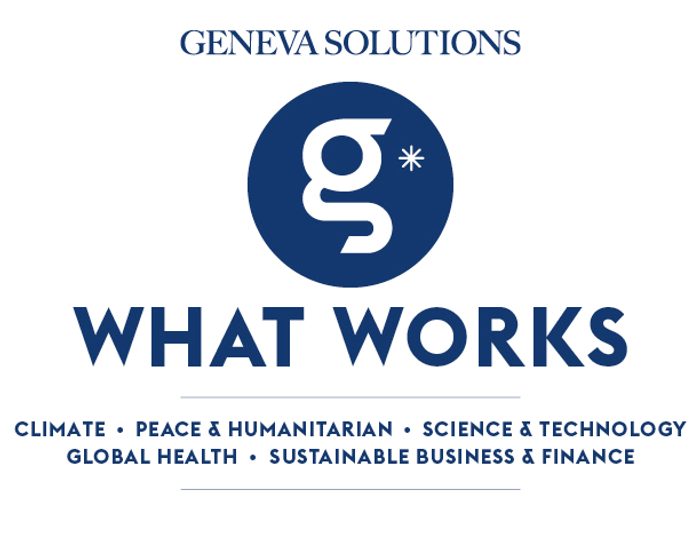|
In February 2024, Katherine Milligan, a researcher and lecturer in the field of social entrepreneurship, co-authored an article for the United States university magazine Stanford Social Innovation Review which, figuratively speaking, flew off the shelves. The piece, “Healing systems”, on how “recognising trauma …can open up new pathways to solving social problems”, struck a chord with readers in a way Milligan admits caught the authors by surprise – it was downloaded more than 80,000 times and remains the magazine’s most-read article. The overwhelming response showed the need for more frank discussions about a universal issue, in a scarred, post-pandemic era, that has remained relatively taboo and absent from mainstream discourse until now.
“We asked, what is trauma and why does it matter?,” Milligan tells Geneva Solutions. “And for those of us who care about healthcare, education, poverty or the environment, why does our own trauma matter for the way that we show up and try, and affect change in these much broader systems?” The article was the product of two years of research, including working group meetings with Indigenous, community and social change leaders – directors of non-profit or charity organisations – in countries around the globe.
The same questions could be asked and applied to the current crisis in the international development sector.
Read the full story on Geneva Solutions.
|








